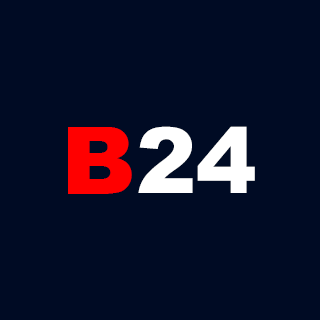
What Types of Online Fraud Exist Today?
Nowadays, fraudsters use various methods to deceive people online, with social media being one of the most common platforms for their scams. Fake ads are most often spread through Facebook or Instagram, but you may also come across them on Telegram or WhatsApp.
These ads usually have enticing and eye-catching headlines, such as “IDBank is celebrating its 25th anniversary! We’re giving away 50,000 AMD!” or “Complete a short survey and receive 25,000 AMD instantly!”
To make their scams more convincing, fraudsters often misuse the photos or names of famous and beloved public figures, including actors, singers, or influencers. This tactic is meant to create a false sense of trust.
Just because you see a familiar face in an ad doesn’t mean the information is true or trustworthy.
What do these ads lead to?
When someone falls for a tempting ad and clicks the link, they’re redirected to a fake website designed to imitate a bank or e-wallet login page. These sites typically ask you to enter your personal and sensitive information, including your username and password.
If you do so, fraudsters can:
- Gain access to your accounts,
- Manage your funds,
- Apply for loans on your behalf.
How not to be deceived
To avoid falling victim to such scams, it’s important to pay attention to where the ad is coming from. These types of advertisements are usually shared by pages with unusual or illogical names. If a site is already open, it’s critical to carefully examine the URL. Fraudulent websites often mimic the names of real institutions, changing just one letter or symbol—for instance, using ibdank.am instead of the legitimate idbank.am. If you’re ever in doubt about the correct website, simply search for the bank’s name in Google; the official website will typically appear first in the search results.
And above all, remember this: no real financial institution will ever distribute money or prizes through random ads on social media. Any such offer promising free money or rewards is almost certainly a scam.
IDBANK IS SUPERVISED BY THE CBA
